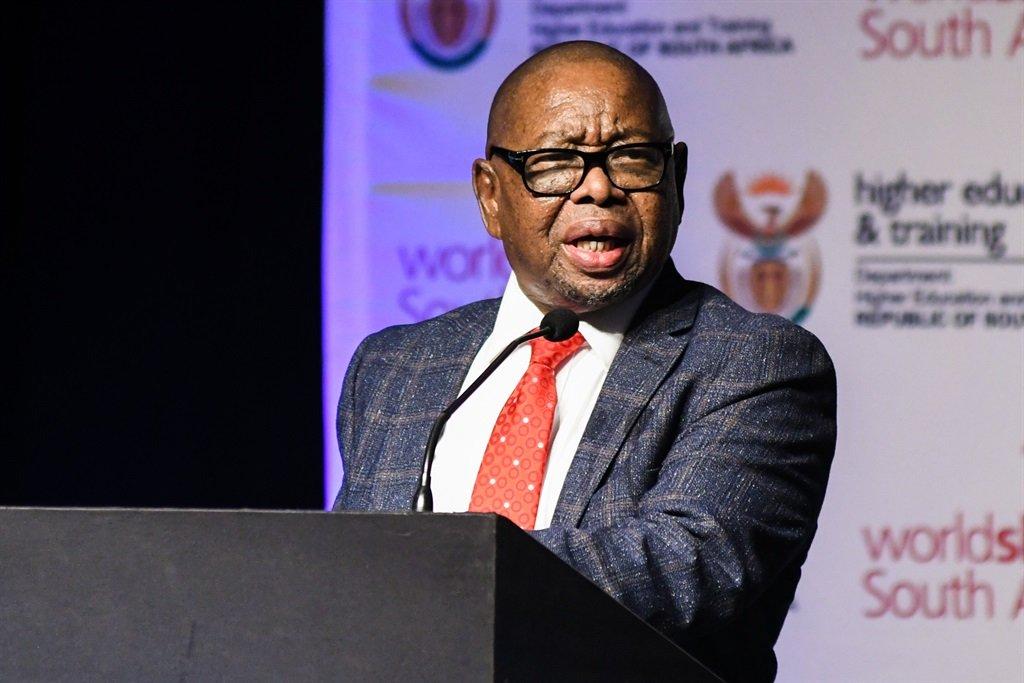Africa-Press – South-Africa. Higher Education, Science and Innovation Minister Blade Nzimande have entered the fray at the troubled University of Cape Town, requesting a formal report from the council about the extraordinary governance fallout between key university structures.
This follows the publication of a dissenting statement by 13 members of the council on Friday, distancing themselves from the “irregular” and “flawed” process followed by the council at a special meeting to block an independent investigation by a retired judge.
Fourteen council members voted for a motion seeking an independent investigation into serious allegations levelled against Vice-Chancellor Mamokgethi Phakeng and council chair Babalwa Ngonyama.
The allegations centre on alleged false reasons provided by Ngonyama to the UCT Senate for the early departure of Professor Lis Lange, deputy vice-chancellor for learning and teaching, and the proliferation of secretive non-disclosure agreements signed between Phakeng and departing senior staff.
Ngonyama told the Senate that Lange wanted to leave of her own accord for personal reasons. In a letter to Senate, Lange strongly disputed this, stating she wanted to stay on for a second term in her position and that she was effectively pushed out by Ngonyama, who told her Phakeng didn’t want her to continue as her deputy.
The motion for an independent investigation was defeated by a different motion, also supported by 14 council members, commissioning an internal, human resources-led investigation into the university Senate’s actions.
The deciding vote fell to deputy council chair Pheladi Gwangwa, who opted for an internal investigation. This was disputed by the dissenting group who argued that Phakeng and Ngonyama, who both voted in the meeting, were conflicted and should have abstained.
Phakeng was previously accused by the former UCT Ombud, Zetu Makamandela-Mguqulwa, of being a bully who rules by fear and keeps the names of her “enemies” in a little black book.
Phakeng’s term was extended by the council for another five years in March.
In a statement to News24, Nzimande’s spokesperson Ishmael Mnisi said:
On Friday, Student Representative Council (SRC) president Siya Plaatjie called on the university to expedite the appointment of a new Ombud. The position has been vacant for almost three years.
“The allegations levelled against the vice-chancellor are quite alarming,” Plaatjie said.
Earlier this week, the Academics Union, representing university staff, expressed deep concern about recent events at UCT.
“These events have serious implications for the reputation of the university and for the strength of our governance processes. They also undermine the cornerstones of a university – institutional autonomy, academic freedom, and the space for robust debate,” it said in a statement.
University Chancellor Precious Moloi-Motsepe, in a statement, said she has been engaging with “various internal and external stakeholders to ensure that the respect and credibility that UCT enjoys globally, as an academic institution that upholds the highest standards and governance, transparency, ethics and accountability is maintained and enhanced.”
For More News And Analysis About South-Africa Follow Africa-Press






